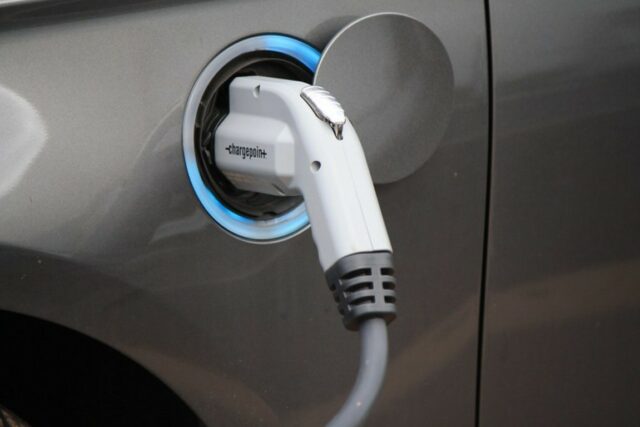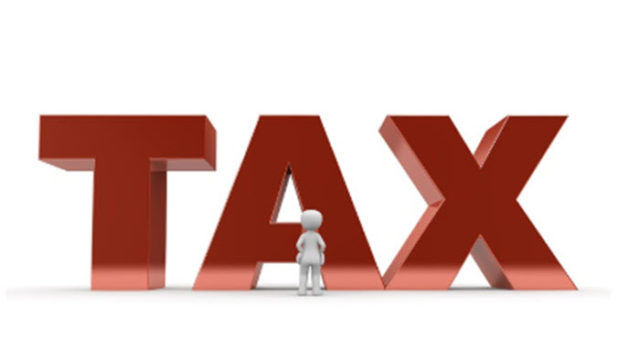A 100% exemption in the payment of property tax this 2022 for electric cars came into effect this Friday, August 12, after publication in the official newspaper La Gaceta.
The regulation of incentives and promotion for electric transport makes adjustments in the application of exempt taxes on electric vehicles and value added (VAT), the selective consumption tax and the customs tax. Also, the project renews the exemptions established in the current law to the property tax, which is paid in the stamp.

In detail, electric vehicles will be temporarily exempt from paying vehicle property tax as follows:
Current fiscal period 2022 the exemption will be 100%.
Fiscal period 2023 the exemption will be 80%.
Fiscal period 2024 the exemption will be 60%.
Fiscal period 2025 the exemption will be 40%.
Fiscal period 2026 the exemption will be 20%.
As of the fiscal period 2027 they will not enjoy any exemption on this tax.

Regulatory framework
The legislation also creates the regulatory framework to regulate the promotion of electric transportation in the country and strengthen public policies to encourage its use within the public sector and among citizens in general.
The Minister of Finance, Nogui Acosta, had announced on the Nuestra Voz program on June 27 that the president and his fellow leaders were under analysis for his signature.
The executive director of the Costa Rican Association of Electric Mobility (Asomove), Silvia Rojas Soto, explained that it is necessary to apply exemptions and benefits to these vehicles since there are currently just over 50 cars, motorcycles and bicycles stranded in customs.
Decree No. 43641-H-MINAE-MOPT, was signed on the previous August 3 by the President of the Republic, Rodrigo Chaves Robles, and the Ministers of Finance, Nogui Acosta Jaen; Environment and Energy, Franz Tattenbach Capra and Public Works and Transportation, Luis Amador Jiménez.
Number of electric cars will double by the end of 2022
The country projects that this 2022 the entry and registration of electric vehicles will double compared to 2021, reported the Ministry of Environment and Energy (MINAE) and the Costa Rican Association of Electric Mobility (ASOMOVE).
In this context, based on information provided by the National Registry of Costa Rica, MINAE explained that during this year the entry of cars into the country has had a significant increase.
In the month of June alone, 9.6% of registered vehicles were classified as 100% electric, which means that about one in ten vehicles that entered the country is zero emissions.
This semester a total of 226 electric vehicles have been registered, this is 128% more compared to the number registered in June 2021, which means that sales of one year were doubled compared to the previous one.

